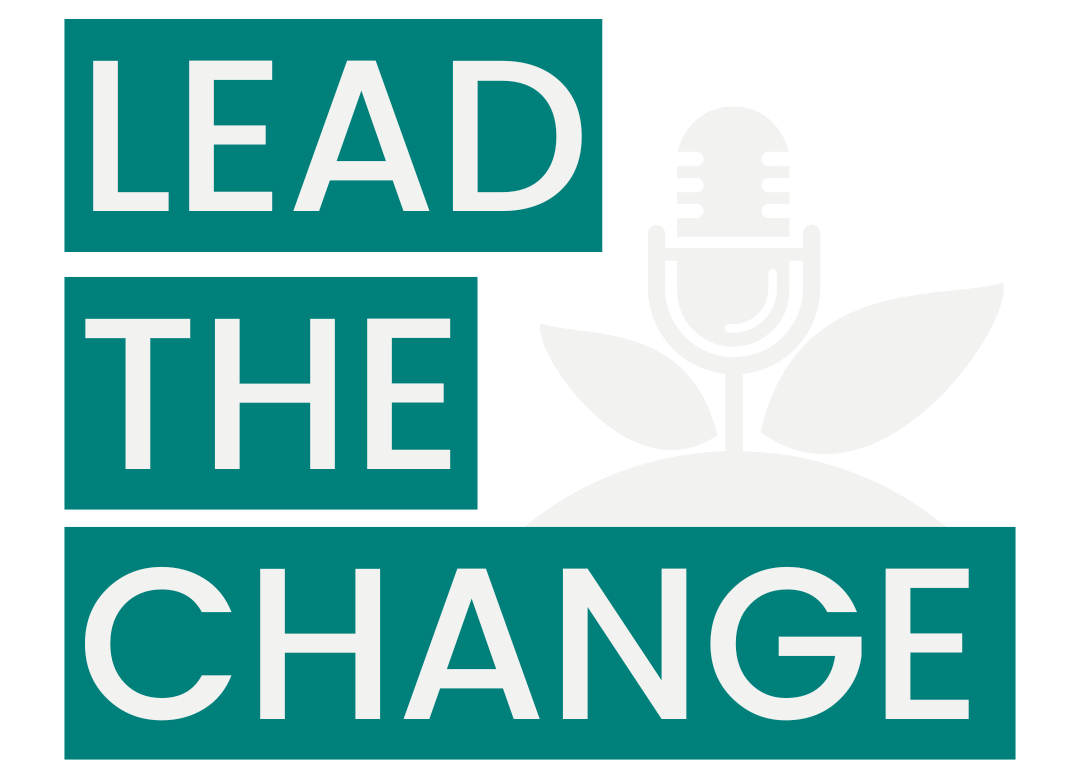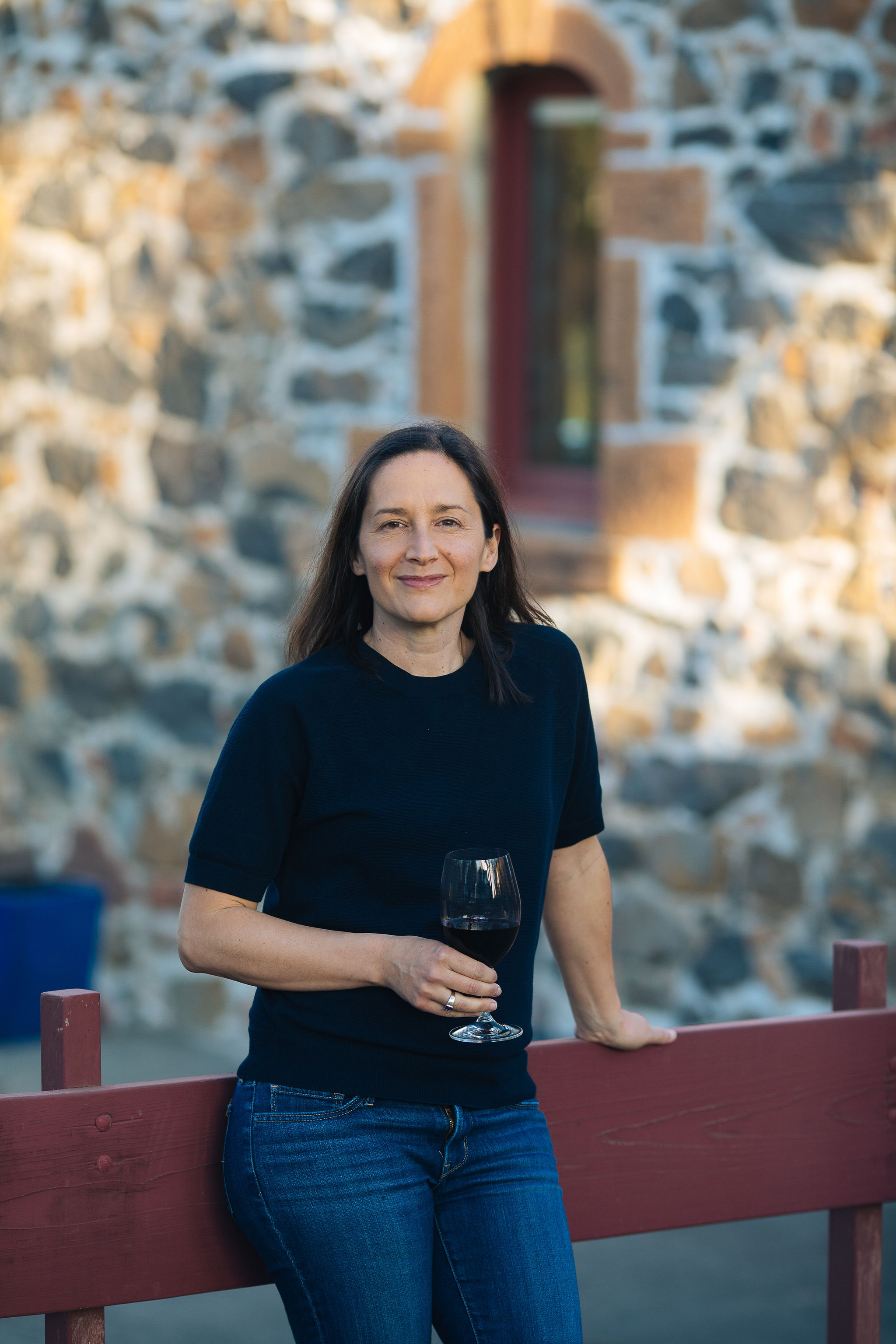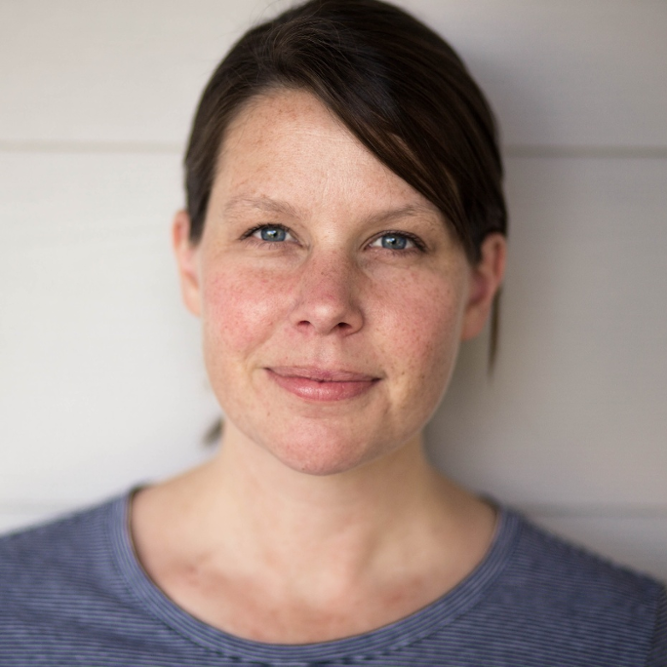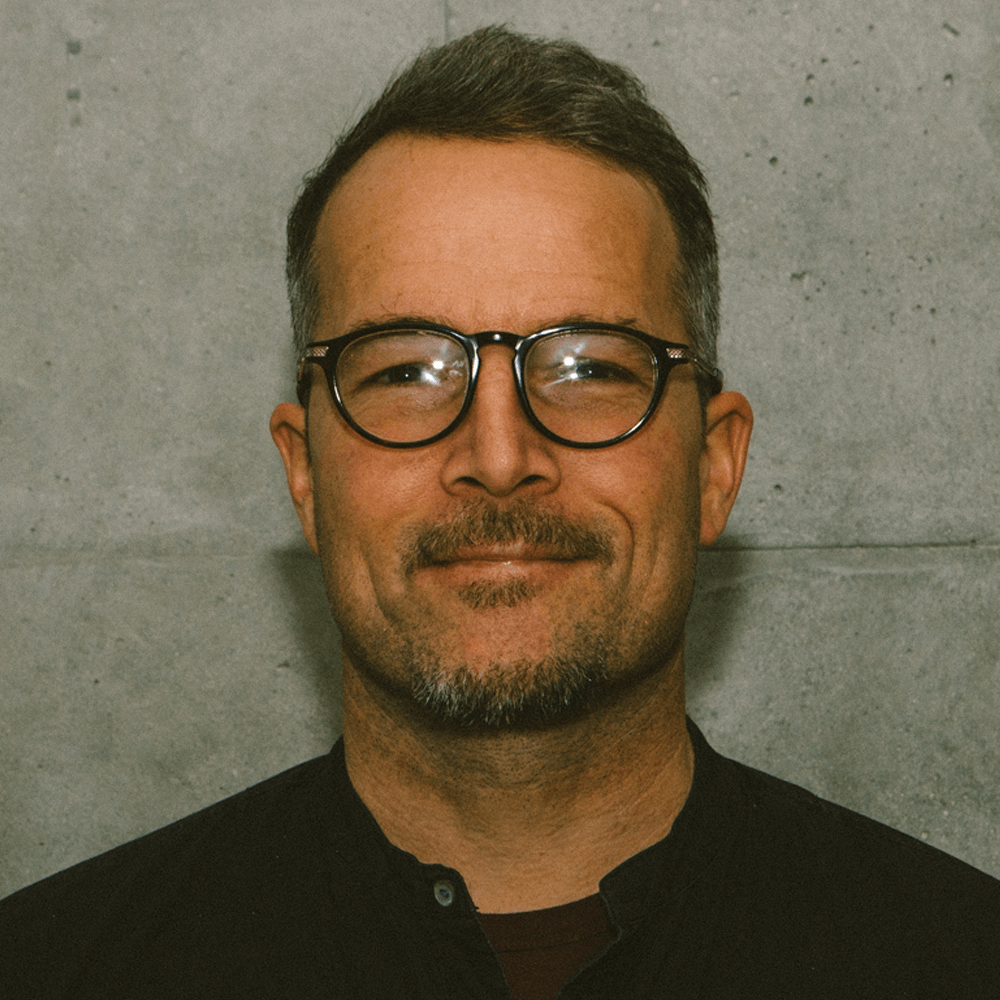
613: Better Soil Quality for Better Wine
Featuring Laura Diaz Munoz
Winemaker and General Manager of Ehlers Estate
“This is the philosophy I bring to my winemaking. I believe that if you start with great ingredients, there’s no need to complicate the process in the cellar.”
Laura Díaz Muñoz’s winemaking perspective is rooted in the old world, shaped by a broad cross selection of cultures, regions and vineyard sites. She is driven by her own never-ending desire to learn and experiment.
In 2011 she created Galerie wines, a brand focused on presenting “portraits of place” from some of Northern California’s most prized appellations. “I wanted to bring European style to my winemaking and make wines that were unforgettable.”
Laura joined Ehlers Estate as Winemaker and General Manager for Ehlers Estate in June of 2018. Located in the northern part of Napa Valley's St. Helena appellation, Ehlers Estate is a historic wine growing site where premium grapes have been cultivated since the mid-1800s. The Ehlers Estate team prioritizes the preservation of their land and history by embracing organic farming practices. Under Laura’s leadership, Ehlers has expanded their sustainability practices in response to a changing climate through the implementation of replanting efforts, and the use of biochar, vermifiltration, and other methods.
Bard MBA’s Erin Seglem speaks with Laura for this episode of the Impact Report.
Laura Díaz Muñoz: Ehlers Estate is a beautiful property. We are located in St. Helena, which is a small town in the northern part of the Napa Valley. We are in a very unique location. We are in between two Montana ridges in the narrowest point of the valley, for probably some of your audience that are familiar with Napa Valley. There's so many appellations in the valley. There are different mountain ranges, very huge diversity in a very small valley, and we are located in a very unique place because we have a lot of influence from the mountains and our soils which are valley flooring, normally you will hear that they are very rich and very deep, and very good, for, like growing quantities of grapes. We actually are located in a very shallow, very rocky soils, which are very challenging to farm, and especially in the conditions that we are living lately with climate change and warmer temperatures.
Erin Seglem: Yeah, that's really interesting. And how long, it's a historic vineyard. So roughly, how long has it been operating?
Laura Díaz Muñoz: Yeah, so I mean, it's a very old winery and it has a lot of history. It was built, original winery building was built in 1886. So it's one of those early wineries that were built in Napa. There's few like Charles Crook, or Settlementalena, that are more known. But this one is a very small one. We have 40 acres of vineyards surrounding the estate, and obviously we planted, and we have planted Bordeaux, which are the more common, berries that you can find [garbled].
Erin Seglem: Interesting, and you mentioned the microclimate and that kind of impacting the soil. Does it mean that you're growing a variety—some varietals that you don't see in other parts of the Napa Valley?
Laura Díaz Muñoz: Not really. I mean, these are values that have been very well established here, and for you know the time that we have grown vines. They are very well established by those. So we could actually play around with other varieties, but they do very well, and they adapt very well to cooler or warmer climates. They are very well established, and just because we have been farming organically for more than 10 years, no more than 20 years, we've been farming organically, they are very well established.
We have a good Meso climate in the vineyard sand, and they're doing very well. We just have to change or adapt certain of the practices that we are doing on a yearly basis, based on how vintages and how the season is coming, or is behaving. We change some of our farming practices to adapt to those conditions, the climate conditions.
Erin Seglem: Yeah, absolutely. And have you all seen a change in climate conditions in the last 10 to 15 years? I know you've only been there since 2018, but.
Laura Díaz Muñoz: Yes, I mean, even before being at Ehlers, yes, we have experiences, vintages that have been more challenging. Especially, for example, last year 2022 was very challenging. Because we have heat events during the growing season that were affecting the vineyards very radically. We had high temperatures, not only during the day, but also during the night. So the vines didn't have a break, and it was very challenging for a winemaker to react very quickly and to take decisions where it was not what we were expecting.
We are trying to adapt and here at Ehlers Estate most of the decisions that I'm taking in the short time that I've been here is just being sure that we are managing these vineyards so they can stay around for 30 to 40 more years planted here. As you mentioned, I'm doing some replanting, so I'm doing a lot of a study about how to manage plant rotation, how to manage canopy to create a really good microclimate, around that area so we can actually produce fruit that is not too concentrated in sugar, that retains good acidity, and retains good aromas and flavors. There's a lot of things that we can do as farmers to manage this situation, but I think it's in everybody's hands to fight against climate change. So it's where we can.
Erin Seglem: Yeah, absolutely. Well. And you know, I think sustainability is one of those words. It's a very big word that means different things depending on the industry that you're in, and the type of work that you're doing. So when you think about sustainability and the role it plays in the wine industry. and for Ehlers, what do you think about?
Laura Díaz Muñoz: Well, I try to think about every single action that we take, every single practice that we implement. Whether it's in the cellar or is in the vineyard, even in the offices, or just how we manage people I, what is more efficient, what is less impactful, that's how I take it.
That's for me, sustainability is like, I tried to take as much as I'm given. Basically it is how to create a neutral economy or neutral impact, that's what I'm trying to achieve. So obviously, we are organic. But we're implementing, for example, a system in the cellar where we're gonna treat all the process water. And through a system that is called Biofilter, and which is basically based on worms that are gonna adjust that water and we are going to be able to reuse that water for irrigation of the vineyard. So irrigation of landscaping. That is one action that we have taken.
Also, we are thinking very carefully about how many passes with tractors we do. Any equipment that we buy is actually equipment that is gonna save energy, that is efficient. Do we really need it? So it's every single decision that we take on a daily basis. I try to think if it's actually sustainable.
Erin Seglem: Yeah, so it sounds like sustainability has kind of been embedded in your decision-making processes.
Laura Díaz Muñoz: Basically, yes, there's also a lot of, it's very important, also from the point of view of economic sustainability, because obviously nowadays, we are suffering. Especially wine industry, but many industries as they are suffering about really high pricing. There are a lot of [garbled]. We obviously have problems with glass, the bottles that we use for wine. They're very heavy. They are very costly. It's like, how can we manage every single aspect on a bottle of wine that can be more efficient? That's very important.
Erin Seglem: Yeah, yeah, absolutely. And I think the glass one is a really great example. That's a challenge that I think you know. Food and other industries are trying to solve at the same time. So I, in terms of some of the strategies that you've implemented. You've already talked about several, but I'm curious what you've learned from those strategies, and when you've, you know, the implementation of them, have any of them gone remarkably well and surprised you, or have any kind of been something that felt big but wound up not being as fruitful.
Laura Díaz Muñoz: I think there's a lot of, I will say, not lack of knowledge, but we are trying a lot of things that are a little bit blind, but we don't. We don't know what is gonna be the outcome. And we just try because the theory tell us that or the science tell us that it's going to be right.
But in particular with farming, every single site is different, and when it works for one winery and wide and a vineyard doesn't work for another one, and it's because we different sites have different deceased pressure, for example, or they are they have different climates and that is the beauty of wine. And that's what makes every single bottle of wine even if it comes from Napa different, but everybody's dealing with different challenges.
In my case here, we're just dealing with very rocky soils. So I have very good drainage and they’re hard to retain the water and the irrigation that we give them, even if we have plenty of water. Other sites. For example, they are cooler, they suffer from frost, and this is something that climate change has brought more advance of. Hail and frost that are damaging the vines, and that is, you know, they have to deal with a different problem.
So, yeah, that's what I'm learning. It's more of a trial and error situation. We are trying things that we think are going to be right. But sometimes they don't work, and most of the time they work, we just need to learn more about what we are doing and why we are doing it.
Erin Seglem: Yeah, absolutely. Given that you are in Napa Valley and there's such a concentration of winemakers there, do you have the chance to connect with peers in the area?
Laura Díaz Muñoz: Yeah, there's always professional groups and we are very connected. And winemakers, yeah, we use friends and colleagues, and whenever we have any, so obviously, you know, there were some critical situations. For example, when we have the fires recently in 2020 which affect all of us, and it's a global problem. Because, you know, fires are happening in Spain, in Australia, in Chile. Recently they were suffering from events that are damaging the wines and in the vineyards. So it's very—it's very interesting how the industry came along and just worked together towards the problem and helped each other and gave advice of what we can do. It's a very small industry. I will say. Then, you know. And now, because of internet, and you know social media, we are all connected. We know what is happening on the other side of the world, and what they are experiencing is probably that everybody else has been experiencing at some point so.
Erin Seglem: Yeah, absolutely. Well, I'd love to shift gears a little bit and just hear a little bit more about your role at Ehlers, and specifically, you know, obviously, women in winemaking is still relatively small from a representation standpoint, particularly in leadership roles. So I'm curious, kind of as you've grown your career. What have you learned about being a woman in the winemaking industry?
Laura Díaz Muñoz: What I learned about that topic. I think I mean, I think we are still a minority in almost every industry and business in the world. So what I'm learning is that we're still very behind, and there's still a lot of work to do. We are very far from where we should be on an equal point of view, just treated professionally and economically, and I mean, we are just working towards it.
And I just feel that this is still a lot of work to do. We're just scratching the surface, and we're just like getting a little bit of attention. I'm that kind of person that I think that is not helping to talk too much about oh, I'm a female winemaker, but that is a reality that you know we have to deal with. Like people want to know it's like, "Oh, you are a woman, and you are in this industry that it seems very hard from outside." But I know that every single industry is experiencing the same with female winemakers, or sorry, the female professionals or female, or even just someone that is different, not just—not just female or women.
Erin Seglem: Yeah, yeah, absolutely. So I would love to hear a little bit more about how you got into the winemaking business. I know you've been in it for quite a long time. So, if you wouldn't mind giving me a short kind of background on where you started in Spain, and then kind of how you made your way to Napa.
Laura Díaz Muñoz: Of course. Yeah. So I mean, it's a very simple story. But I don't know. It's just like I always love wine. I always say this Since the first time that I sat and tried a little bit of wine at the table at home. Obviously, I'm from Spain, and the consumption of wine in Spain is dropping. Back in the day, we always had wine at the table for every single meal at home, and for different events, and you know it’s Spain. It's a very outdoor kind of quality of life. We like to be outdoors. We like to go out.
And so I grew up with my father also wine with me, since I was very little. There's always like, let's try. And I love food. I was very close with my grandma and my mom. They cook, so I was always cooking with them, and all my background, just because I was interested in science, since very little. I study biology, and I study food and science technology. I actually was more interested in food than in wine back in the day.
But last year in University I had to do an internship in a food and beverage company, and there were few wineries offering an internship, and I just raised my hand, and I because I was like oh, I like wine like this seems interesting. So why not? And that was just like a two week internship, and I just fell in love with it. I just fell in love with aromas, and the action that was happening in the cellar and just working the vineyards. And there was like so many things going on. There was science, chemistry in the wine, but there's also a lot of farming and all the big culture part of it is, I thought it was super interesting.
So I went back to study, a master in medical terminology in the University, and from there I just started working here and there in few harvests, landing a job with a winery that is very popular in Spain. And I had the opportunity to work with very interesting winemakers that gave me lots of opportunities to grow, and I decided to travel around the world. There's a lot of winemakers that, that's how they learn just by doing harvest in different countries. And that's how I traveled to New Zealand. I did a harvest there and from there I decided to come to California, just thinking that I was gonna spend three months. And then my plan was to move to Argentina, because I love it. But I guess I got offered a job, and I stayed here. So, yeah.
Erin Seglem: Interesting. That's really cool. Oh, I will say the first time that I really ever tried or enjoyed wine was in Spain. I did not have access to it growing up, but I went to Sovia, and it was very, very good. So I am curious about some of the trends that you've seen throughout your career, and you know, shifting, and I know we're just about at time. But have you seen changes in diversity or kind of in how labor is managed?I know. That's you know. I mean, like any other industry. There's always risks around human rights and labor. So is that a conversation you've seen shift in your time?
Laura Díaz Muñoz: I mean definitely here in California, yes. There's definitely a huge concern about labor and I was always very pleasantly surprised of how important it was here, specifically California, to treat employees right, and you know, take care of them. Safety is the number one priority in any winery. So, yeah, but one of the things. And I would say, like trends that I'm seeing is like, there's more transparency about what we're doing. There's more transparency about salaries. There's more transparency about practices, and I think that is, thanks to you know, internet communication now is better, consumers are more educated, they know and they want to know what is in what they are eating or what they are drinking. There's most transparency labels, and probably hopefully, soon, we're gonna include ingredients in a bottle of wine which I think is super beneficial for everybody to know what they're drinking. So I'm seeing all of this. And I think it's all just because we are in a global industry. And I think you know just we are all connected, I think, with the pandemic, we realized how connected we are, the whole entire world. We are all connected, everything single country. And if someone does well, everybody else is gonna do well and vice versa, you know. So I think that's what I'm seeing. And there's a lot of exchange of good practices and good ideas, and I think it's very beneficial.
Erin Seglem: That's awesome. Well, and on that note I'm curious if there's anything looking ahead with the wine industry that you find particularly exciting about its growth and evolution.
Laura Díaz Muñoz: Yes. Well, one of the things that I feel very excited, and it's happening I think everywhere in the world, there's more interest about experimenting, about planting new variations, about being less tied to regulations. It's happening in Spain, it’s happening in France, it's happening everywhere. Here, I think in the US I see more wine regions, coming up and making good wines. There's more interest about planting new varieties that are not just like the traditional ones. And I'm seeing that consumers are interested in getting to know more about it. And they're more open to trying new things. So I'm very excited about it. Hopefully, we will be seeing new wines coming from California, from Napa that are not expected. But it's all about making good wines and enjoying them.
The above Q&A is an edited excerpt from Bard MBA’s May 19, 2023 The Impact Report podcast. The Impact Report brings together students and faculty in Bard’s MBA in Sustainability program with leaders in business, sustainability, and social entrepreneurship.




